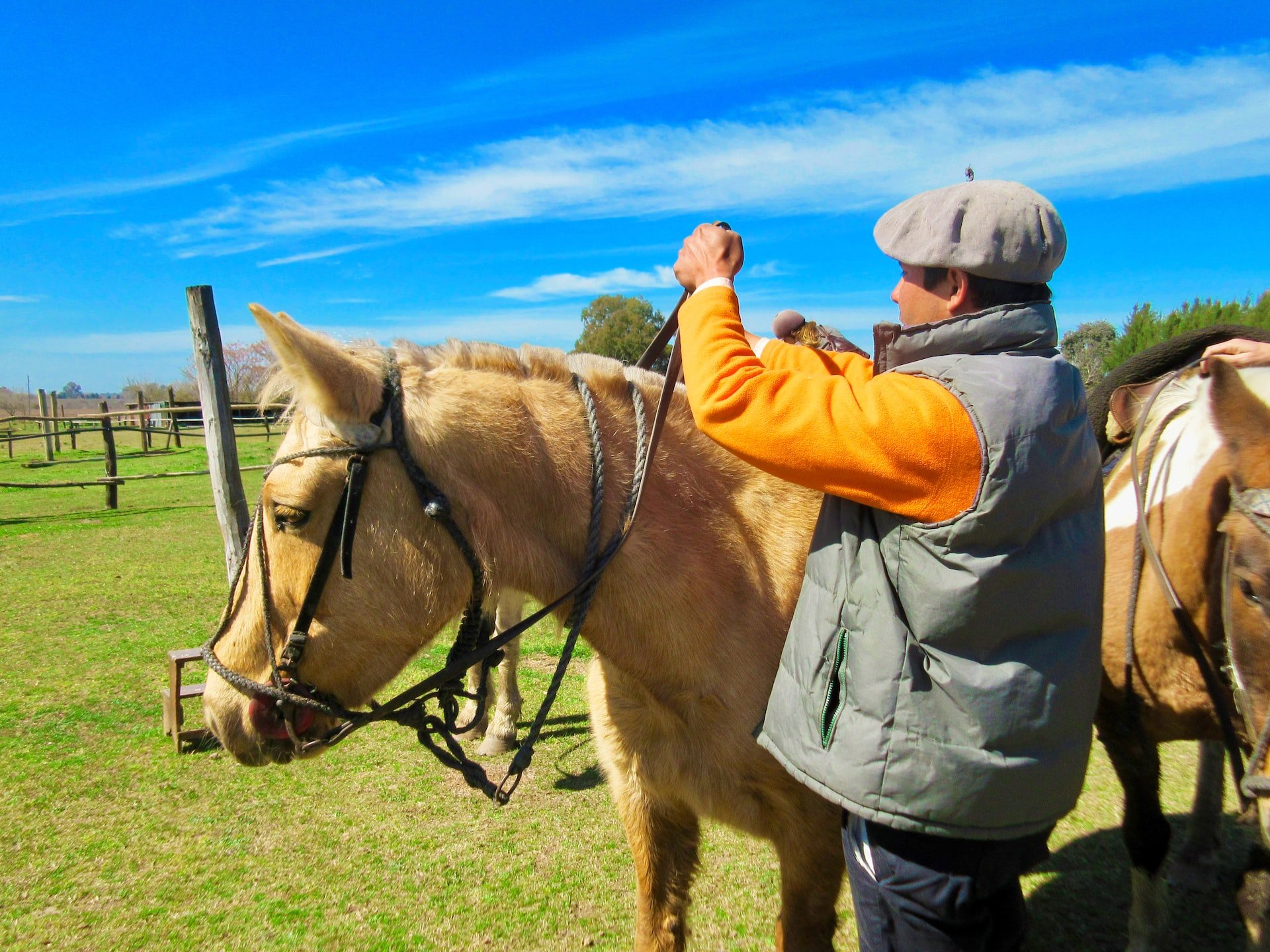There’s no doubt that horse racing is a fun sport to follow. People enjoy following their favorite horses, placing bets, and enjoying the track atmosphere.
Some wonder, however, how they can get involved in the sport- particularly if they do not have the money to purchase a racehorse, or the physical stature and ability required to become a jockey. How can these people make their living from the Sport of Kings? Here are a few suggestions for career-minded horse racing fans.
1. Trainer
Trainers, especially those at the top level of racing, have become the face of the sport in many ways. Indeed, in most US-based training operations, the average trainer will spend a lot more time with a horse than the owner ever will. A large part of their job is to know their horses inside and out, so as to get the most racing success out of them as possible.
There are relatively few requirements to becoming a licensed Thoroughbred trainer. You apply for your license from the racing commission of the state you will begin training. Though some states have slightly different requirements from others, generally you will need to fill out the application and pass a test, and you will then be issued your license.
However, in order to become successful, you must attract owners to your services. This is why many aspiring trainers spend years assisting other, more established trainers. They learn the ropes of managing racehorses as well as making connections with some of the trainer’s clientele.
Trainers typically earn a percentage of their horses’ winnings; therefore, trainers who have a lot of horses running well at the top levels make quite a bit more money than local, lower-level trainers do.
2. Breeding Manager
Breeding managers have a number of different roles to fulfill. They must be able to handle the stallions on a breeding farm. They must have extensive knowledge of Thoroughbred pedigrees. They must have knowledge of equine reproductive systems and cycles. They must also, in many cases, be able to promote a stallion or mare’s assets.
Most aspiring breeding managers will want to attend college, as many farm owners will want a breeding manager with education as well as experience. Breeding managers often earn four-year-degrees in Animal Science or, more specifically, Equine Science.
The amount of money a breeding manager makes can vary quite a bit, depending on whether the resulting offspring are sold, whether they are breeding the farm’s own mares or outside stock, and the general commercial success of their stallions.
3. Track Announcer
If you are looking for a career at the racetrack that does not require you to be hands-on with the horses, becoming a track announcer might be what you are looking for.
Requirements for becoming a track announcer will vary according to the track you are seeking employment at. However, there is a set of skills required across the board to be successful. First, and most obviously, a track announcer must have an appealing, charismatic voice with good diction.
You must also have a quick tongue and vocal endurance; races are relatively quick, which means that you will need to be able to speak what is happening throughout the race clearly enough so that the public (or TV audience) will be able to understand you, and you will need to continue until well after the race is over.
Secondly, any good track announcer must know the race they are calling. They’ve got to know the horse’s names, of course, but also what the horses look like so that they can ensure they are calling the correct names.
They must also know which jockeys are riding which horses and they should have some knowledge on how do horse race bets work. Finally, they should know and be able to communicate the significance of the race itself: is it this jockey’s first stakes win? Is this horse going to retire after this race? Is this part of a particular trainer’s lucky streak? Adding in these bits of information makes the call of the race that much more memorable.
